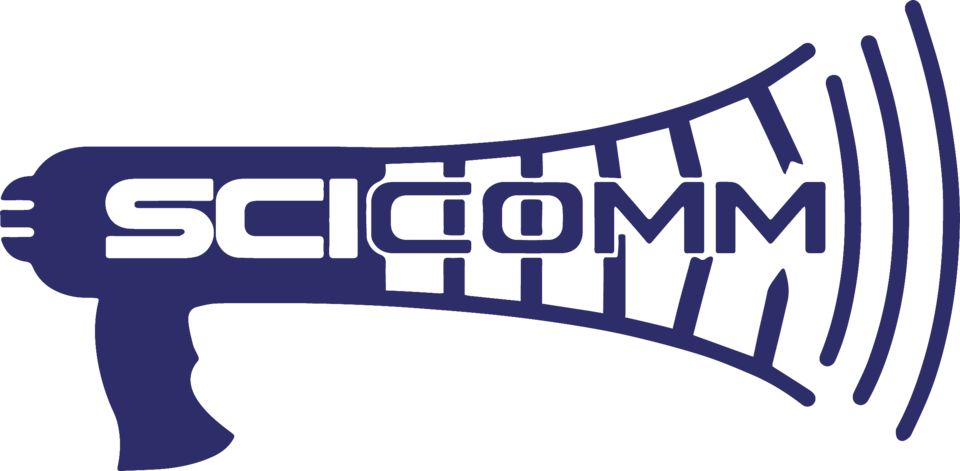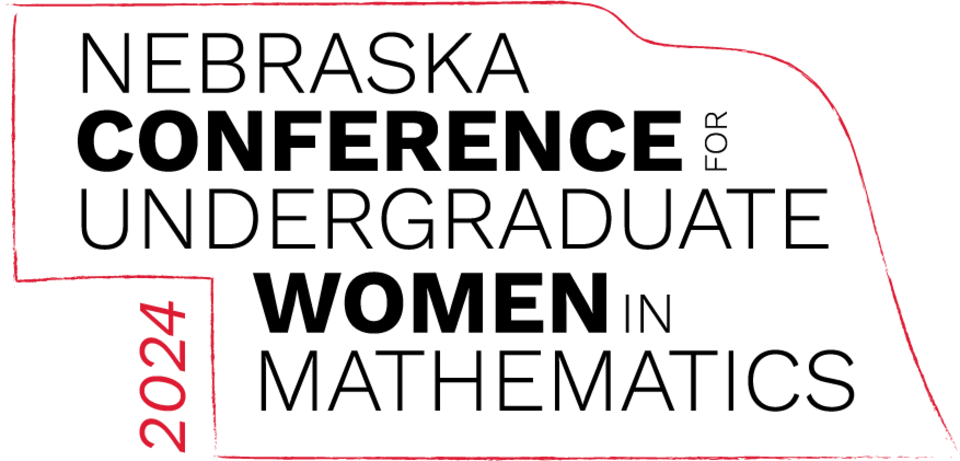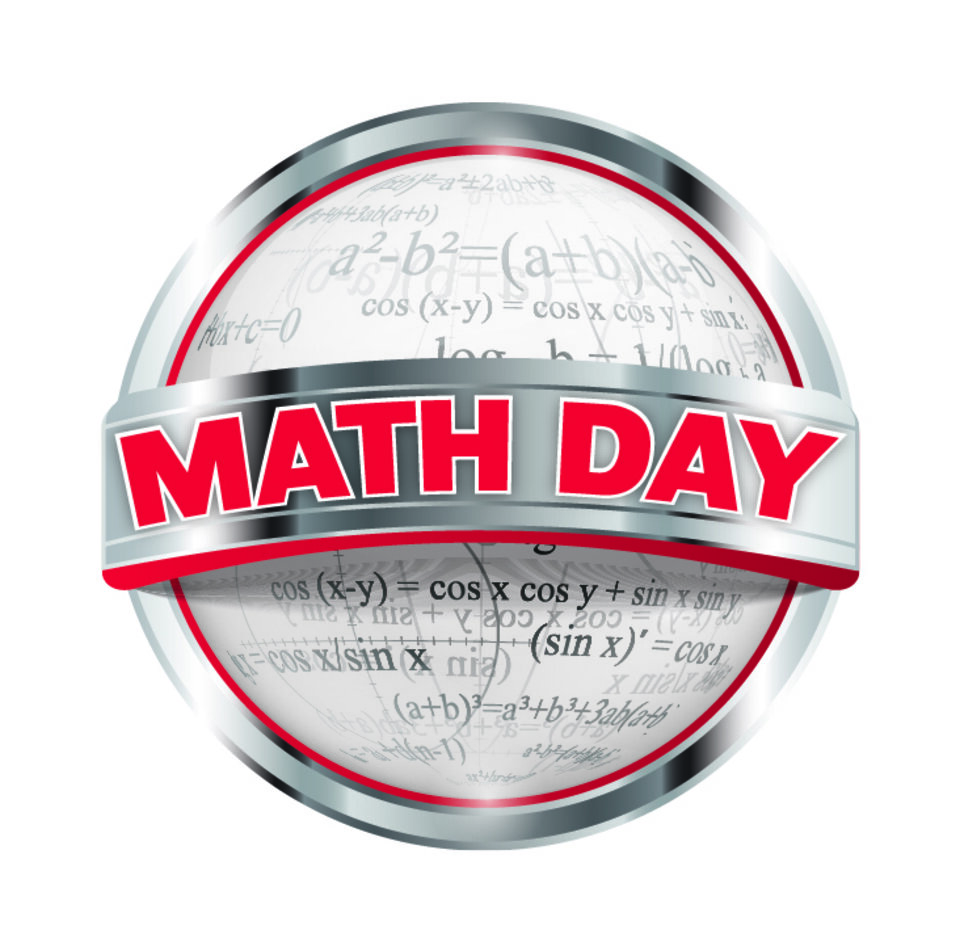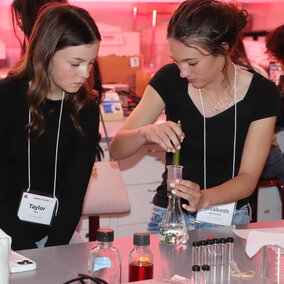
Nebraska Physics and Astronomy Summit
This conference is dedicated to providing a variety of professional development opportunities in astronomy and physics education for college, high school, and middle school teachers across the state of Nebraska. A theme of this event is the use of instructional technology to improve our teaching of astronomy and physics. The conference begins with a keynote, an exhibition hall, and your choice of four breakout sessions. After lunch, the second keynote and longer workshop sessions close out the day.

No Coast SciComm
No Coast SciComm is a conference dedicated to understanding and promoting effective communication of science to diverse audiences – including students of all levels as well as the general public – across all venues. The No Coast SciComm symposium, hosted by the University of Nebraska-Lincoln. Symposium speakers will address such questions as:
- Does communicating complexity necessarily mean including more technical detail?
- Are there alternative views of complexity we can utilize to communicate more effectively about problems like climate change?
- How can we help non-scientists understand the role uncertainty plays in the scientific process, and the difference between evolving knowledge and "settled science"?
How can we challenge and/or reconcile long-cherished scientific ideals of "objectivity" and "parsimony" with greater appreciation for complexity in science?
NCUWM
The Nebraska Conference for Undergraduate Wisdom in Mathematics (NCUWM) is held each January in Lincoln, Nebraska, at the Embassy Suites and University of Nebraska-Lincoln City Campus. We at the University of Nebraska-Lincoln recognize the need to encourage and mentor undergraduates in mathematics to pursue graduate study in mathematics and to seek mathematical careers. We do this by annually hosting the NCUWM, made possible with generous support from the National Science Foundation and others, for undergraduates that provides role models, insider knowledge, opportunities to present undergraduate research, and a growing community of peers interested in issues related to creating a supportive environment for students in mathematics.


Math Day
Nebraska high schools are invited to join UNL for a day of engaging mathematics. Math Day is designed for students in grades 9, 10, 11 and 12 and for exceptional students in lower grades. The day consists of one individual and two team mathematics competitions. All students participate in a multiple-choice, preliminary exam called PROBE I (Problems Requiring Original and Brilliant Effort). The top 50 students then move on to take the now famous essay exam called PROBE II. The PROBE top 25 Nebraska high school students (sum of PROBE I and II) are awarded a total of $41,500 in scholarships to UNL.
Wisdom, Opportunity, Mentorship, Empowerment and Networking in Science
Sponsored by Nebraska EPSCoR, the NebraskaSCIENCE Program of Excellence, and the Center for Science, Mathematics and Computer Education, this two-day event brings high school students from across Nebraska and the Midwest region together to explore interests in science careers. This event is for students who want to interact with career and academic professionals in science, meet current undergraduate science students and other high school students who are interested in science, and discover countless professions as diverse as biologists, geologists, engineers, food scientists, computer scientists, and those in the medical fields.
